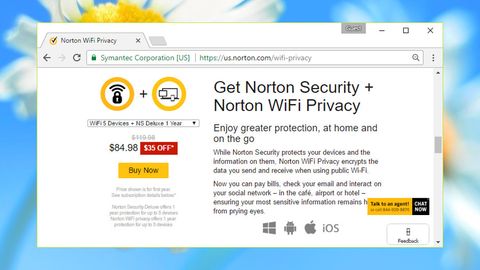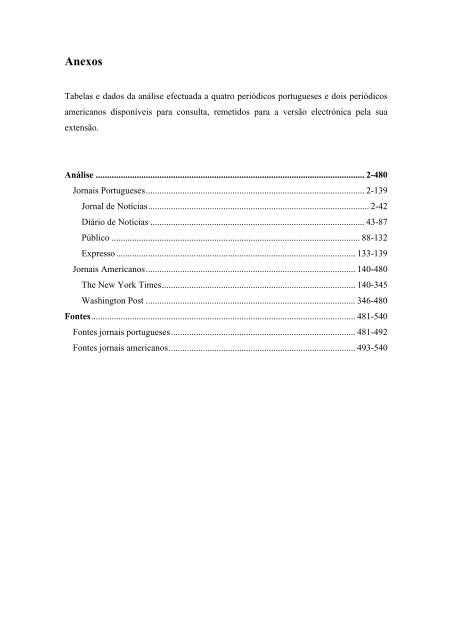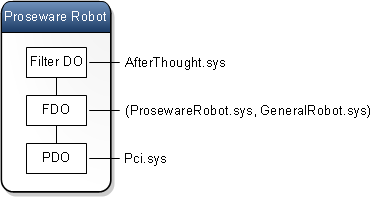To install the driver you will need to go to the device manager. You can do this by hitting Windows + X on the keyboard and then clicking ' Device manager '. Plug in your device. In the device manager you will have to look for a device named simmilar to your hardware. A peripheral device connects to a computer system to add functionality. Examples are a mouse, keyboard, monitor, printer and scanner. Learn about the different types of peripheral devices and how. Drivers catalog port devices apperson education products advantage 1200 to uart bridge controller com4 drivers installer for advantage 1200 to uart bridge controller com4 if you don t want to waste time on hunting after the needed driver for your pc, feel free to use a dedicated self-acting installer. 12122, and reliable, sunland. So plug out the device, reboot the computer and plug it back in to see if anything changes. Sometimes your USB device, which is plug-and-play nature really need a set of codes, in this case known as a driver, to interact with your device. If the computer prompts you to install a driver, let it try.
- Drivers Apperson Education Products Port Devices Inc
- Drivers Apperson Education Products Port Devices List
Syntax
Description
The Get-PnpDevice cmdlet returns basic information about Plug and Play (PnP) devices.The values returned are common to all devices.
Drivers Apperson Education Products Port Devices Inc
Examples

Example 1: Get all PnP devices
This command gets all devices known to PnP, whether they are present or not.
Example 2: Get PnP devices by name
Drivers Apperson Education Products Port Devices List
This command gets all the devices named Generic USB Hub.
Example 3: Get PnP devices by ID
This command gets the device that has the specified instance ID.
Example 4: Get present PnP devices in specified states
This command gets all present devices that report a status of error, degraded, or unknown.
Example 5: Get PnP devices of a class
This command gets all the devices that belong to the specified PnP class.
Parameters
Runs the cmdlet as a background job. Use this parameter to run commands that take a long time to complete.
| Type: | SwitchParameter |
| Position: | Named |
| Default value: | None |
| Accept pipeline input: | False |
| Accept wildcard characters: | False |
Runs the cmdlet in a remote session or on a remote computer.Enter a computer name or a session object, such as the output of a New-CimSession or Get-CimSession cmdlet.The default is the current session on the local computer.
| Type: | CimSession[] |
| Aliases: | Session |
| Position: | Named |
| Default value: | None |
| Accept pipeline input: | False |
| Accept wildcard characters: | False |
Specifies an array of PnP classes for devices.Some example values for this parameter are Monitor, DiskDrive, and Processor.
| Type: | String[] |
| Position: | Named |
| Default value: | None |
| Accept pipeline input: | False |
| Accept wildcard characters: | False |
Specifies an array of friendly names for devices.
| Type: | String[] |
| Position: | Named |
| Default value: | None |
| Accept pipeline input: | True |
| Accept wildcard characters: | False |

Specifies an array of unique instance ID of devices.
| Type: | String[] |
| Aliases: | DeviceId |
| Position: | 0 |
| Default value: | None |
| Accept pipeline input: | True |
| Accept wildcard characters: | False |
Indicates that this cmdlet gets only those devices that are present when you issue the command.Present devices are physically in the system or attached to it.
| Type: | SwitchParameter |
| Position: | Named |
| Default value: | None |
| Accept pipeline input: | False |
| Accept wildcard characters: | False |
Specifies an array of current status values of devices.The acceptable values for this parameter are:
- OK
- ERROR
- UNKNOWN
- DEGRADED
| Type: | String[] |
| Accepted values: | OK, ERROR, DEGRADED, UNKNOWN |
| Position: | Named |
| Default value: | None |
| Accept pipeline input: | False |
| Accept wildcard characters: | False |
Specifies the maximum number of concurrent operations that can be established to run the cmdlet.If this parameter is omitted or a value of 0 is entered, then Windows PowerShell® calculates an optimum throttle limit for the cmdlet based on the number of CIM cmdlets that are running on the computer.The throttle limit applies only to the current cmdlet, not to the session or to the computer.
| Type: | Int32 |
| Position: | Named |
| Default value: | None |
| Accept pipeline input: | False |
| Accept wildcard characters: | False |
Outputs
CimInstance[]
The Microsoft.Management.Infrastructure.CimInstance object is a wrapper class that displays Windows Management Instrumentation (WMI) objects.The path after the pound sign (#) provides the namespace and class name for the underlying WMI object.

Related Links




